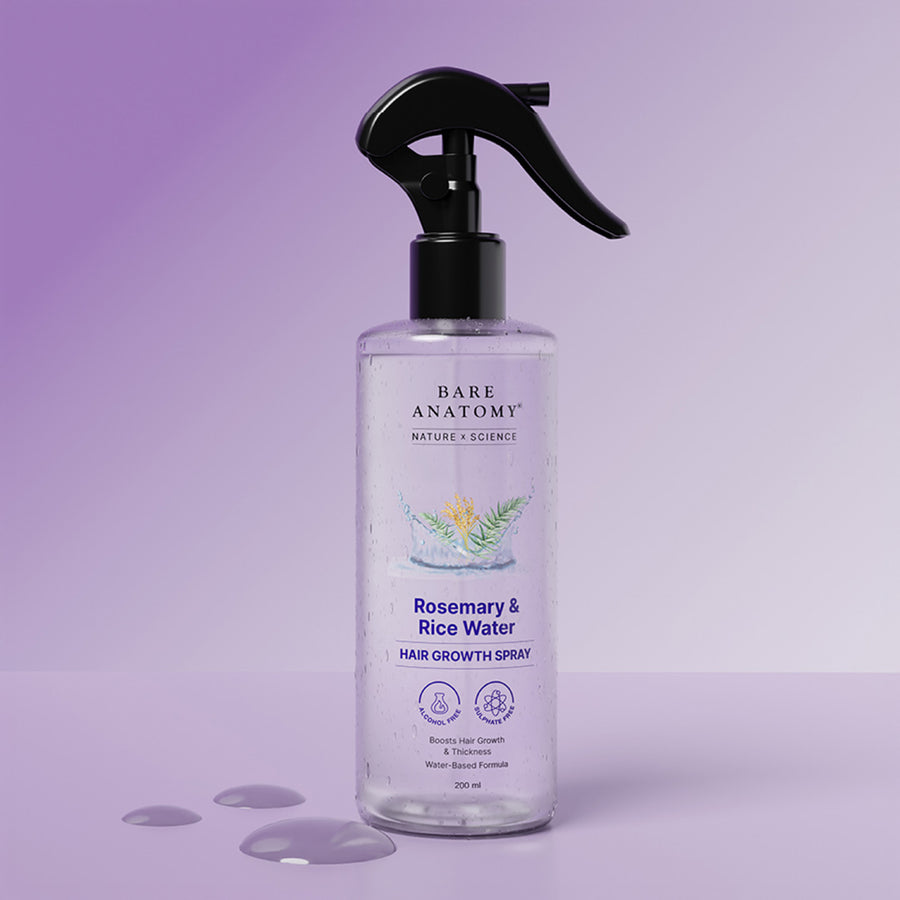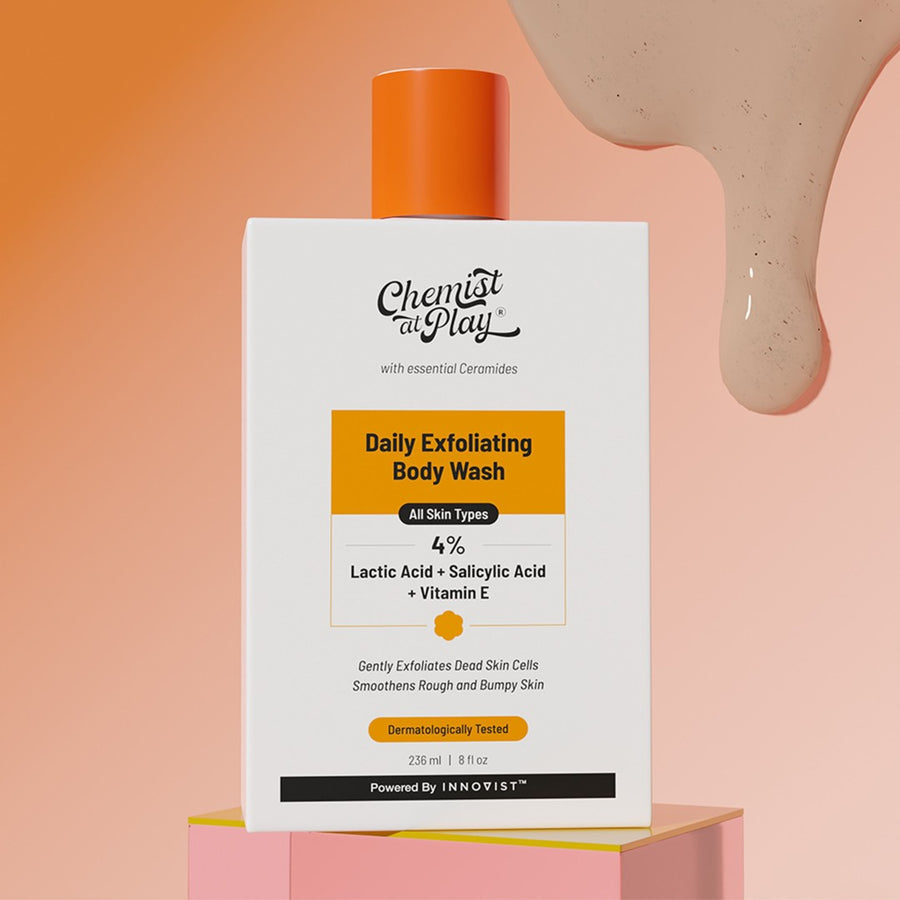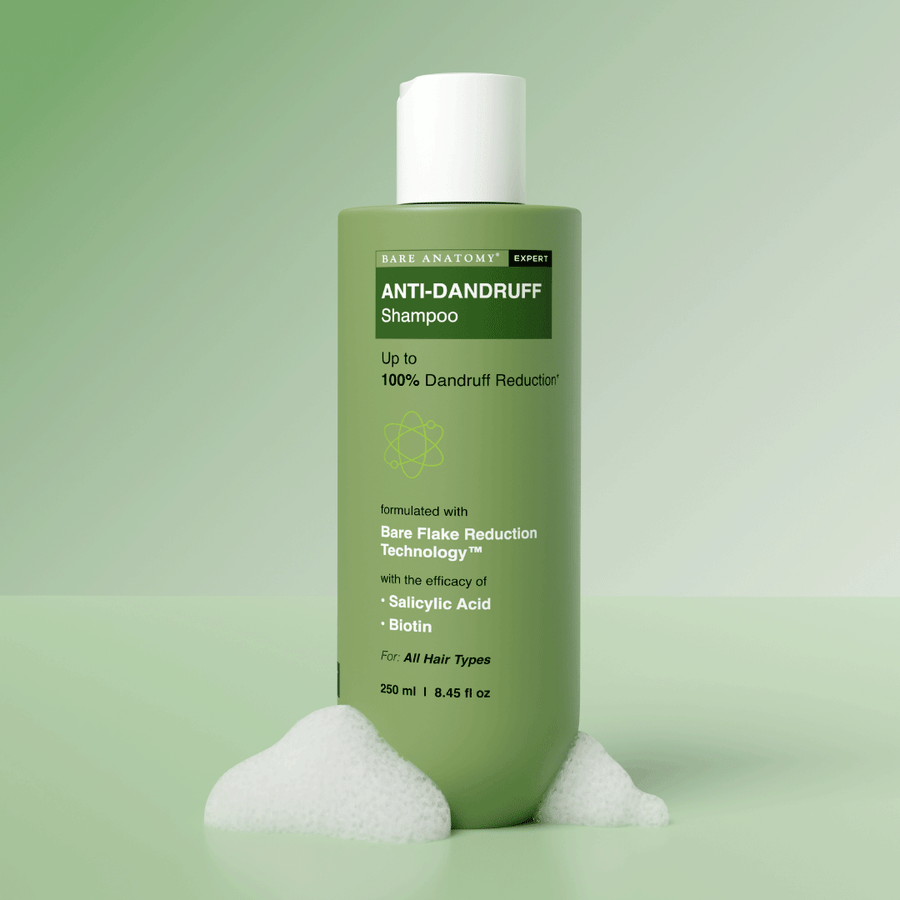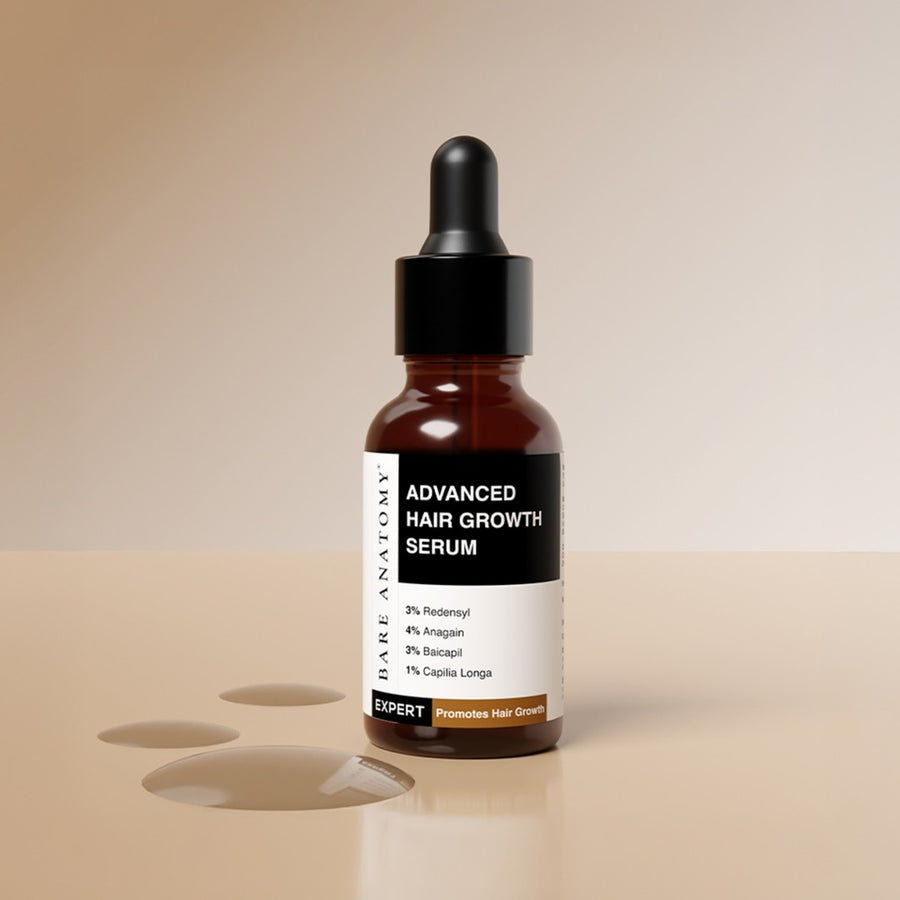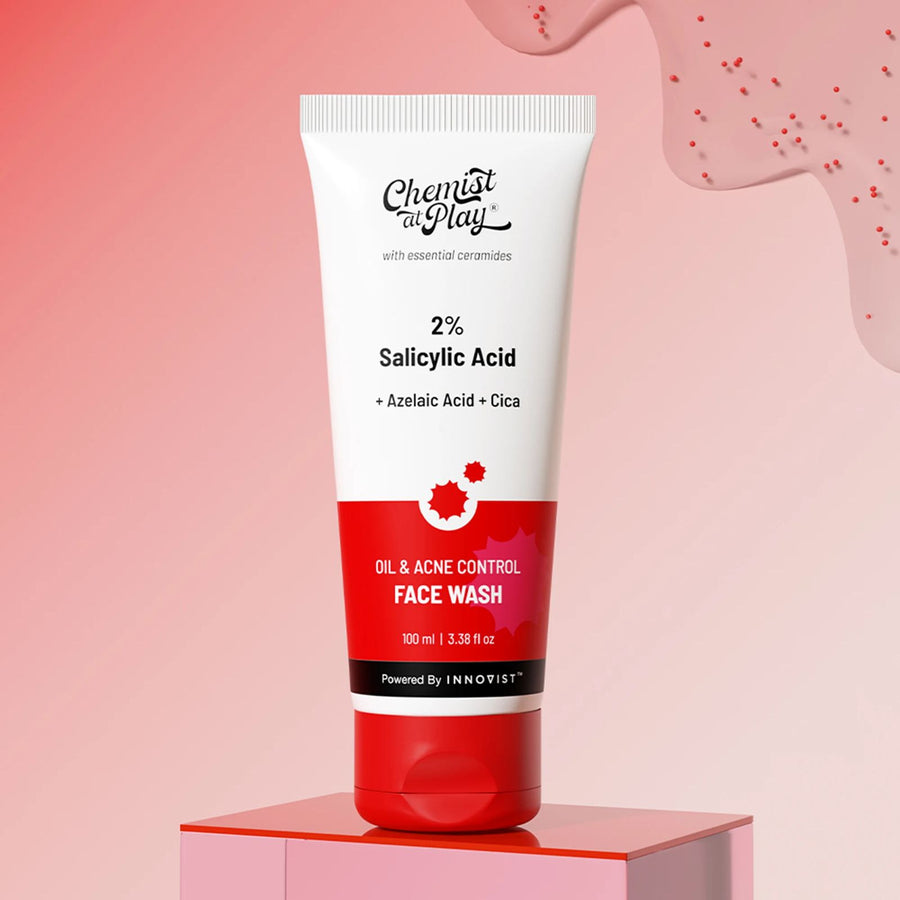
How To Get Rid of Acne Scars and Redness in One Month?
According to MayoClinic, Acne is a skin condition that occurs when the hair follicles or pores become plugged with oil and dead skin cells. It causes whiteheads, blackheads, or pimples. Acne is most common among teenagers, though it affects people of all ages.
How Does Acne Occur
Acne is primarily a result of hormonal changes, and even adults can experience pimples. Some of the hormonal fluctuations are caused due to changes in the body during pregnancy, menstrual cycles, or menopause, while others occur as a side effect from birth control pills, testosterone supplements, steroids, seizure medication, and other hormone-containing medications.
In some adults, acne can also be caused as a result of their genetic makeup which makes them prone to clogged pores.
While most acne goes away with time through the regular use of acne removal cream, more often than not, they leave behind visible scars. Such scars not only hamper the skin's radiance but may also leave one feeling low on confidence.
So, how to deal with Acne Scarring? Well, before we delve into this subject, we would first need to understand the acne scars in detail.
Types of Acne Scarring
Depressed Scars
Also known as Atrophic Scars, these occur as a result of loss of collagen when the skin heals from the inflammation. These scars can be further categorised as -
- Ice Pick Scars - These are characterised by small holes in the skin.
- Boxcar Scars - These feature oval, round, or generally wide areas of depressed skin. Their prominent edges give them chickenpox's scar-like appearance.
- Rolling Scars - These are characterised by wide depressions in the skin in an 'M- shaped pattern
Raised Scars
Also referred to as Hypertrophic Scars, these are caused due to excessive collagen production during the healing of acne, which leads to elevated scars, commonly occurring on the chest, back and shoulders.
Dark Spots
Dark spots are a result of post-inflammatory hyperpigmentation. These are not scars as such and can said to be a temporary side effect of anti-acne treatments. Unlike acne marks, such spots occur more prominently in people with darker skin.
How to Treat Pimple Marks in 1 Month?
Now that we know all about the marks caused by cystic acne, let us go on and learn about effective scar removal cream and other treatments that help cure acne and the resultant skin irritation.
Over The Counter Treatments For Acne Scars Redness
Some of the best over the counter treatments for acne-prone skin include -
Face Wash For Acne Scars and Redness
A gentle cleanser is the foundation for clear skin. Hence, depending on your skin type, choose a face wash, preferably containing glycolic acid that kills acne-causing bacteria! Ideally, one should simply wash their face in the morning and at night with a gentle cleanser. Overdoing this step can prove to be detrimental to pimple removal in some cases, and may result in skin irritation. Hence, it is better to err on the side of less.
Body Wash For Acne Scars and Redness
In case you have acne scars on your back or chest, you can try this Body Wash for Back Acne, and witness visible results in just a few weeks' time.
Face Creams For Acne Scars and Redness
Pocket-friendly and effective retinol is one of the most prominently found active ingredients in pimple creams. It helps treat acne, while also enhancing the skin tone.
Yet another active ingredient is used in a wide range of acne removal creams is the time-tested exfoliant - Salicylic Acid. It is primarily used for the removal of excess sebum and dead skin cells. A Face Cream or Moisturizer with 1% or 2% Salicylic Acid can prove to be a great way of introducing this exfoliant in your skincare routine.
Face Toner For Acne Scars and Redness
A face toner deeply cleanses clogged pores, controls excess oil production, restores skin's pH balance, and provides an instant burst of hydration - all of which can help in the treatment of unfavourable skin conditions.
Brightening Serum For Acne Scars and Redness
Vitamin C reduces blemishes and can be conveniently introduced to your skincare regime via the Advance Brightening Face Serum. Simply using it once a day, can work wonders for your skin. If you wish to enhance its benefits even further, you can also opt for Chemist At Play’s Pore Minimising Face Serum!
Sunscreen For Acne Scars and Redness
Last but not the least, sunscreen will prove to be almost as effective as any pimple removal cream. Right from preventing the occurrence of acne to ensuring you don't suffer from any scarring, spots, fine line, and other skin ailments, a high-quality sunscreen will do it all for you!
Dermatological Treatments For Acne Scars and Redness
In case you feel that even the best creams aren't able to help control your skin breakouts, or you find the results to be underwhelming, your doctor may suggest one or more of the following lines of treatments -
Resurfacing Procedures For Acne Scars and Redness
These may include -
- Laser therapy
- Dermabrasion
- Microdermabrasion
- Chemical Peels
- Fillers
- Microneedling
- Radiofrequency Skin Tightening.
- Subscision
- Cryosurgery
While some of these treatments may sound extreme, if your dermatologist feels the need for the same due to excessive or stubborn scarring which won't go away with topical treatments or over-the-counter acne scar removal cream, then there is no harm in opting for these advanced treatments!
Remember, acne scars do not have to be permanent, and certainly not a part of your identity! So, start taking small steps towards getting rid of those pesky pimple marks whether in the form of home remedies or through the use of pimple creams and in a month's time you will feel good as new!
Frequently Asked Questions
How long do acne scars last?
Acne scarring often takes anywhere between 3 and 6 months to disappear completely. In case the scars are too deep, they are likely a result of permanent skin damage, and may need medical intervention.
Can ice reduce acne scars?
When applied to acne-prone skin, ice can prove to be helpful in reducing the redness and calming down the inflamed skin. It will also ensure that whatever scarring occurs is restricted to a minimum, thanks to the capability of ice to reduce the blood circulation to the inflamed area.
What cream removes pimples and dark spots?
Dark spots can usually be treated with skin care products containing Niacinamide, Vitamin C, Tranexamic Acid, and other such compounds. One such product that can prove to be immensely helpful in the treatment of acne scars and dark spots in the Hyperpigmentation Control Serum.
What can be done to ensure the prevention of acne scars?
Some of the most trusted ways to prevent acne scarring include the following -
- Treat the acne as soon as they occur
- Work towards reducing inflammation by using topical creams and well as improving diet
- Do not squeeze, pick or pop pimples
- Consult a board-certified dermatologist in case of deep breakouts
Can dark spots turn into scars?
That is highly unlikely. Dark spots are often caused as a result of the healing of inflammation and physiologically cannot turn into scars.
Are acne scars and dark spots the same?
While acne marks are either deep or raised indentations on the skin, dark spots are simply discoloration or hyperpigmentation. Though they both affect skin tone and texture, they are not the same.














